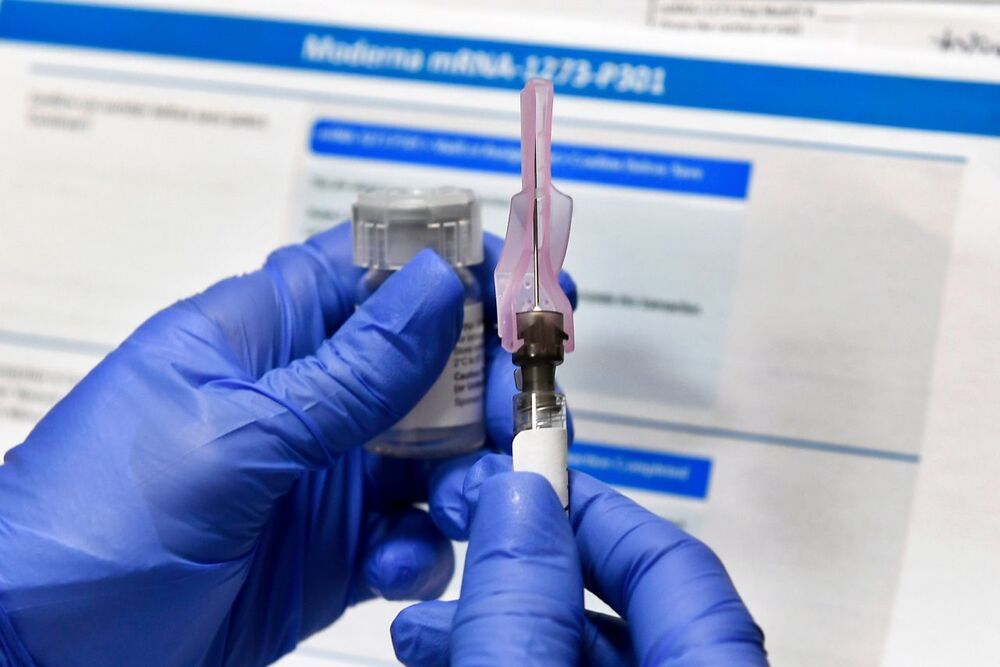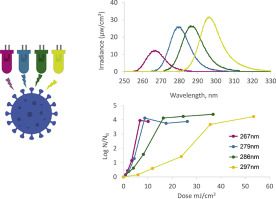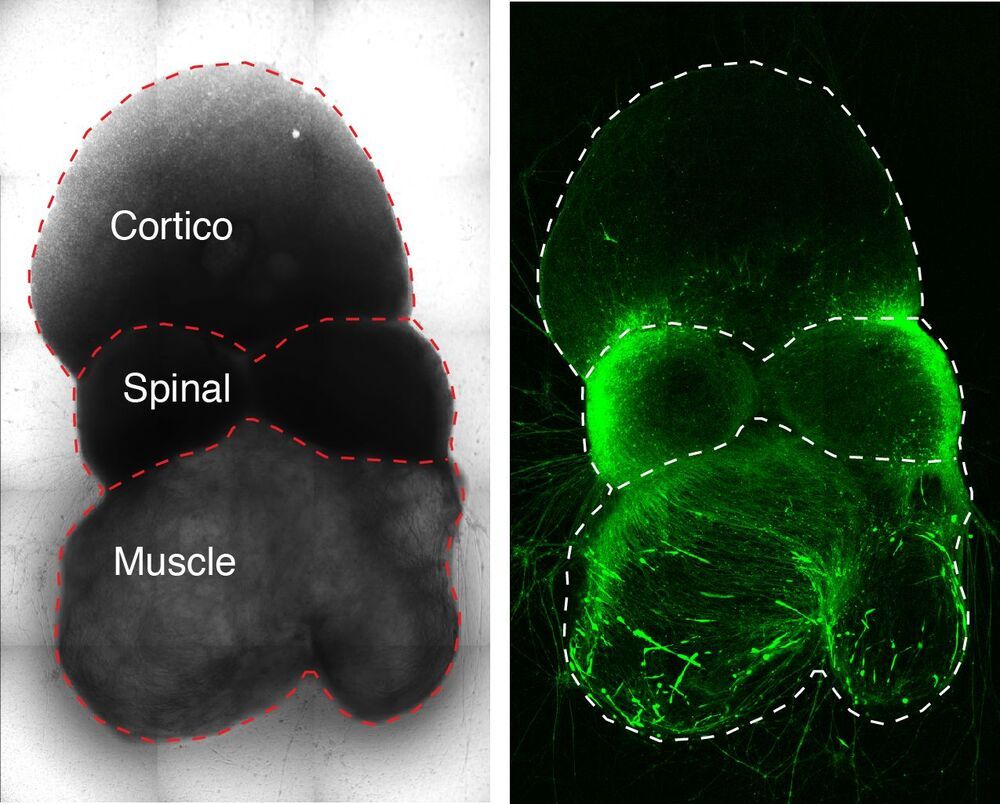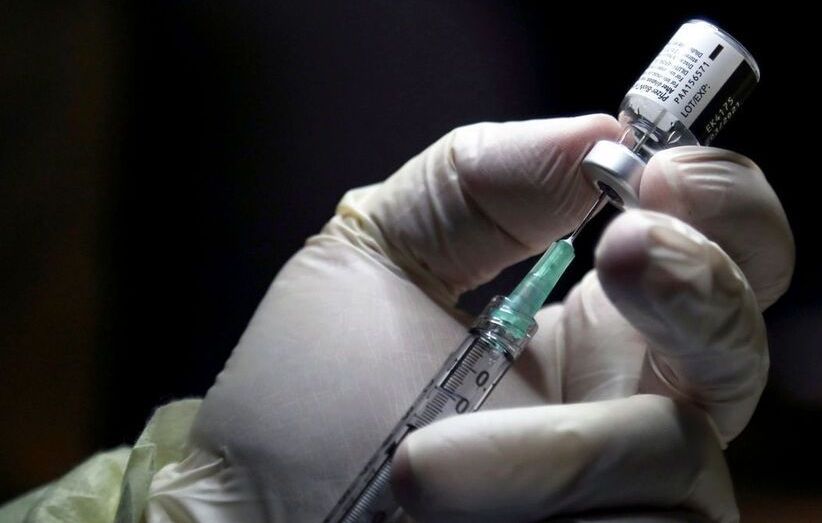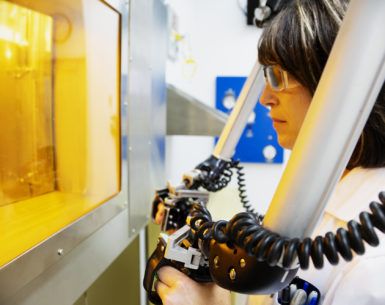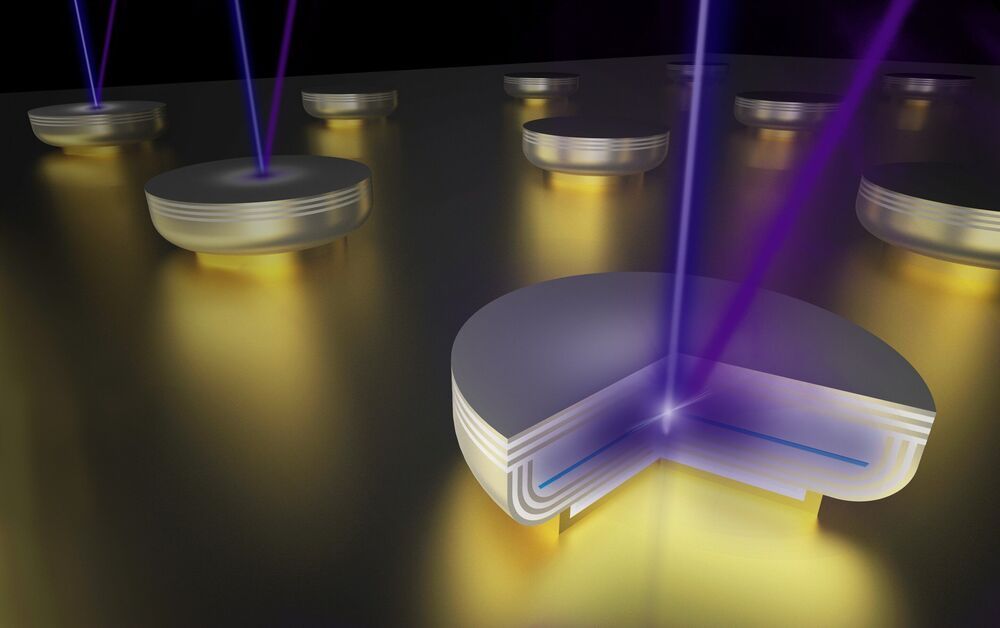HONG KONG—China is aggressively advancing alternative theories about the source of the coronavirus that causes Covid-19, muddying the waters as the World Health Organization prepares to launch a long-awaited investigation into the origins of the pandemic. In recent weeks, Chinese state media, often suggesting the virus came from outside China, have seized on a series of recent studies that show it was spreading outside the country earlier than first assumed. Government officials have also pushed the theory that the virus could have hitched a ride into the central Chinese city of Wuhan on frozen-food imports. After outbreaks in multiple Chinese cities in recent months including Beijing, Shanghai, Tianjin and elsewhere, authorities pointed to frozen-food packaging as the potential origin. https://www.wsj.com/articles/china-pushes-alternative-theori…1607445463
WSJ Membership.

